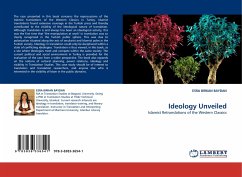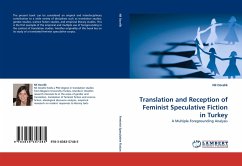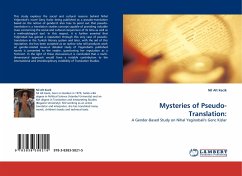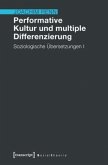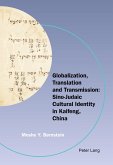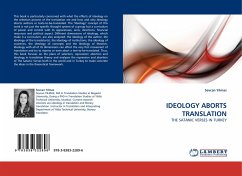The case presented in this book concerns the repercussions of the Islamist translations of the Western Classics in Turkey. Islamist translations found extensive coverage in the Turkish press and thereby contributed to the visibility of the ideological nature of translation. Although translation is and always has been an ideological activity, this was the first time that "the manipulation at work" in translation was so clearly recognized in the Turkish public sphere. This was due to polarization situated along the axis of secularist and Islamist poles in the Turkish society. Ideology in translation could only be deciphered within a state of conflicting ideologies. Translation is thus viewed, in this book, as a site where ideologies meet and compete within the same society. The current political and social environment in Turkey is provided for the evaluation of the case from a wider perspective. The book also expands on the notions of cultural planning, power relations, ideology and visibility in Translation Studies. This case study should be of interest to translators and translation researchers, and anyone else who is interested in the visibility of Islam in the public domains.
Bitte wählen Sie Ihr Anliegen aus.
Rechnungen
Retourenschein anfordern
Bestellstatus
Storno

